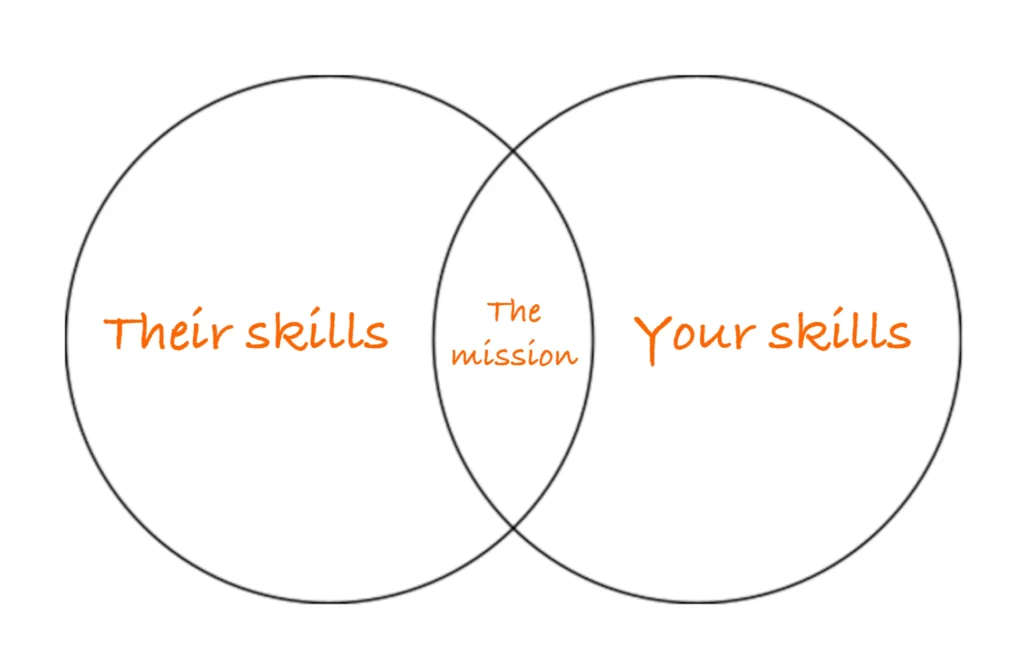I just started a new online business. And for the very first time, I’m cofounding with a partner from the UK.
Since it’s my first time sharing responsibilities in a project, I talked to a few mentors and friends about how the relationship works and how I can avoid disaster.
Here are the most common questions they posed to me:
1. “Do you even need a cofounder?”
Naturally, when building a new project, you want to minimize your areas of weakness that are also important to growth.
Maybe you’re really good at sales, branding, SEO, and lead generation. But you suck at managing finances, strategy building, pricing, and packaging. (This is me 😬)
Think of the latter as an opportunity.
To build a truly great product or service that your customers love, you need to fill those gaps.
You have three gap-filling options:
- Technology (AI)
- Part-time help
- Full-time help

I think a fair share of partnerships start because founders think they need a cofounder. Not true.
What they need is someone (or something) to fill those weakness gaps. That solution doesn’t necessarily have to cost you half your equity.
It could be as simple as paying for a ChatGPT subscription and soliciting its help in building out a prompt library that helps you fill those gaps. That’s a helluva a lot cheaper than a 50% stake in your company.
OR, it may mean you need a cofounder who can complement your skills.
2. “How do you complement each other?”
Like I said, I’m good at marketing, branding, SEO and lead generation. It wouldn’t make sense to find a cofounder who has those exact same skills because I’m left with the same weakness gaps I had before.
When or if you find a cofounder, their skills must complement yours. Where you do overlap, it should be in passion, drive, and goals. The mission, not skills.
Like this Venn diagram:

3. “What happens if things go wrong?”
One of the most thought-provoking questions I received was what his past cofounding relationships were like and how they ended 🤔
I suppose history is bound to repeat itself, eh?
Of course, you don’t want to enter a relationship with a person that has a history of stealing company funds, losing his cool, and burning bridges/projects to the ground.
In the event things do go south or the company fails (this is almost statistically guaranteed to happen), you have to have an exit plan.
- How much equity do each of you have?
- More than just work check-ins, do you have emotional check-ins?
You must always be on the same page – just like in a relationship.
4. “Are you prepared to marry this person?”
A business relationship is very much like a romantic relationship:
- You spend lots of time together.
- Communication must always be extremely clear.
- If one partner isn’t pulling their weight, the other will get frustrated and potentially destroy or leave the relationship.
I could go on and on, but you get the idea.
You’re about to enter a legal partnership with this person, so you must know whether they’re a good fit for your personality and goals – not just a skill complement.
Get wicked clear about your goals, your mission, and your vision for the project. Then if you match well, you can explore a potential relationship.
Clearly, I’m no expert in cofounding a business. That’s abundantly obvious 😅
But as I build this company in public, I thought I’d share the advice that my friends and mentors gave me in the event you are thinking about entering a new business relationship.
Let me know if this is helpful.


